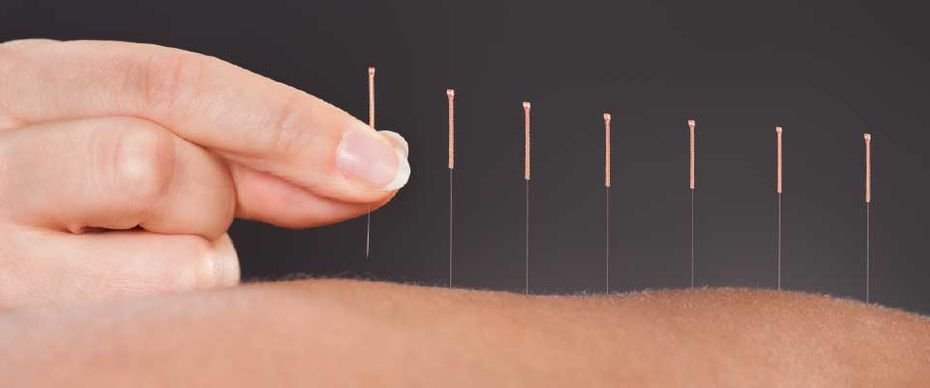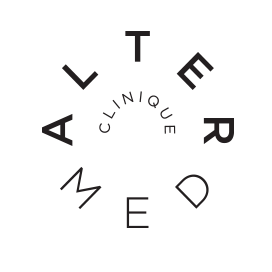Montreal acupuncture

Acupuncture: a global and complex approach to the human being
Isabelle de Roquette-Buisson's background
From human resources to acupuncture
Arrived in Montreal 18 years ago, I first evolved in the tourism sector for 15 years, in human resources, notably for Tourisme Montréal. Before that, I worked in business tourism in France for 10 years.
In 2018, in Montreal, I had a decisive encounter that led me to completely reorient myself and change my life. I consulted an acupuncturist who changed my vision of things and opened new horizons for me as a patient. I then decided to take other paths, both professional and personal.
I joined the Collège de Rosemont, which is the only place in Montreal that offers training in acupuncture. After three years of studies and internships, I obtained my title and became a member of the Ordre des Acupuncteurs.
Acupuncture treats symptoms and pain
All bodily pains can be treated or at least apprehended by acupuncture. Physical pain in the first instance: injuries, chronic pain, complications related to the end of life, muscular tension, digestive problems, gynecological dysfunctions, respiratory or urinary problems, etc. But acupuncture also treats certain psychological disorders such as anxiety, phobias, insomnia.
The treatment proposed to relieve pain varies. Many tools are available to practitioners: cupping, electro-stimulation, needles, mugwort stick, etc.). Several approaches also exist: for example, I work according to Dr. Tran's technique, which treats pain by corresponding meridians (e.g.: my patient has pain in his left shoulder, so I treat his right knee).
Acupuncture as a holistic and philosophical approach to health and the patient
For me, acupuncture brings to light the relationship between the body and nature, as well as its constant cyclical evolution. With this in mind, I can easily help people to live in tune with themselves. At the origin of an illness or pain, there is an emotion that will create an imbalance. This imbalance will be reflected in the body, and it is up to me as a therapist to understand its origins and mechanisms, thanks to all the information I can glean about my patient, in order to relieve it.
I see my practice as an investigation. Each session begins with a 30-40 minute interview where I put the patient at ease and try to explore his or her life path, interests, general functioning, needs, but also the ordeals he or she has gone through to better identify imbalances. I also look at his physiognomy, his way of expressing himself. Then I feel his pulse and I observe his tongue. These first steps already give me a lot of information!


